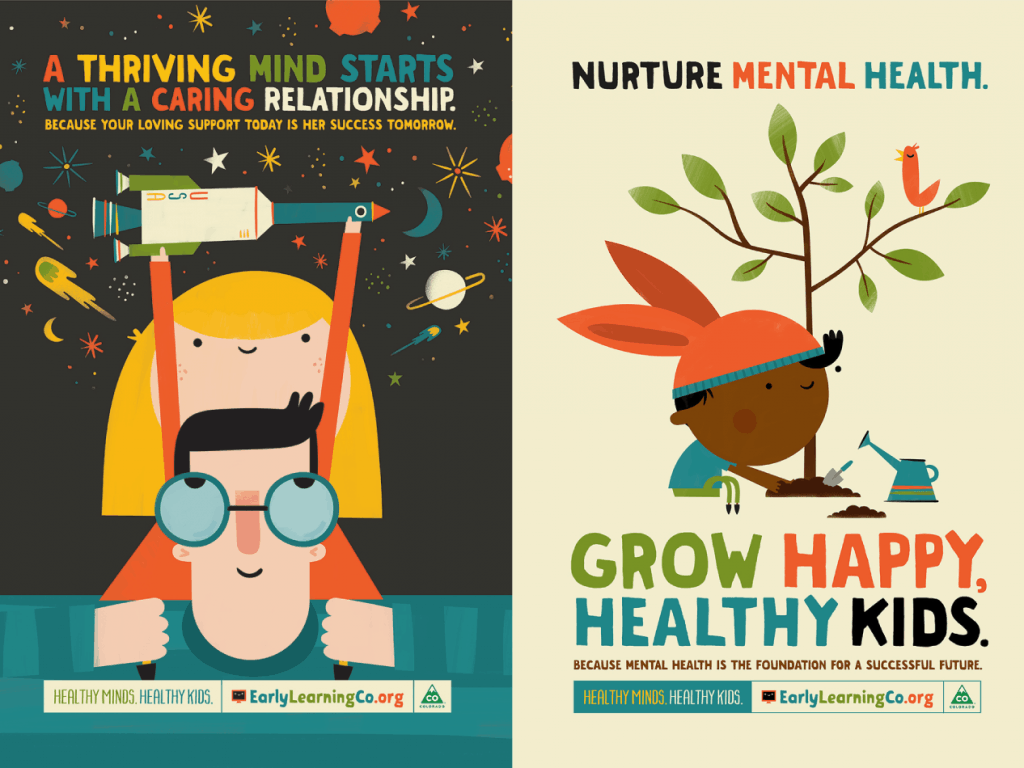Economists are predicting that the employment rate may not go back to pre-COVID levels until the end of this decade, and that as many as 40 percent of the jobs lost during COVID will never come back.
Which has us thinking a lot about the role that higher education can play in getting people back to work and preparing them today for the jobs of the future.
Does this historic crisis present an opportunity to retool our workforce for tomorrow?
SE2 CEO Susan Morrisey sat down with leaders in the higher education field to gain insights on what getting students back to learning looks like – and what higher education can do now to help prepare people for the future of work post-COVID. Hear from:
- Dave Jarrat, senior vice president of strategic engagement, InsideTrack
- Joe Garcia, chancellor, Colorado Community College System
Watch the video below:
Additional insights from Joe Garcia, chancellor, Colorado Community College System (CCCS):
- “Students are really concerned with costs and crushing student loan debt. That concern has been exacerbated by the individual economic pressures caused by the fallout of COVID-19. The good news is that community colleges, like those that are part of the Colorado Community College System, are a more affordable way to get workers and learners engaged in education, and we have created specialized programs that get workers the skills they need without taking on significant student loan debt.”
- “On the topic of getting people back to work, business and community colleges are great partners to the private sector. Together, we can get people back to work, all while making our workers and workforce stronger than we were before COVID-19. For example, through our Colorado First and Existing Industry Customized Job Training Programs, we grant $4M per year to employers to train and reskill their workers and grow their Colorado-based workforce. Programs like these are a win for employers who can subsidize some of the costs of retraining workers for the future of work. And they are a win for workers who gain skills that will keep them competitive in the workforce.”
- “In terms of the future of work, American workers are staying in the workforce longer than ever. Additionally, any business owner knows that the rate of change in their industry is accelerating. Combined, these trends underscore the need for employers and policymakers to prepare for the future of work now. Community colleges can be great partners in helping you figure out where to start. Continued investment in, and incentives for developing our workforce are critical to meeting the future workforce demands, because the reality that most jobs of the future will require a post-secondary credential. And now is the time to work together to lay the foundation upon which our future economic success depends.”
Insights from Dave Jarrat, senior vice president of strategic engagement, InsideTrack:
- “In terms of getting students back into the classroom, there is a tremendous amount of uncertainty that requires constant backup planning. Additionally, many higher-ed administrators are worried about the existential thread that this poses particularly for those institutions whose value proposition depends on robust residential experience.”
- “We’re also seeing a lot of concern about the mental and emotional impact on students and faculty. Institutions are investing in coaching and capacity building – on topics like trauma-informed care – to better support staff and students. This support is essential to getting students back to learning.”
- “According to the Bureau of Labor Statistics, the American worker will have an average of 12 jobs over their adult lifetime. This means that workers need to constantly learn new skills to stay competitive. The future of work will require adaptability and resilience – not only for workers, but for employers as well. The future of work is constant reskilling and upskilling.”
- “We believe that by empowering students through coaching we can help them achieve the education that they need to be successful in their career. Through this coaching, we’re supporting colleges, employers and others in building a culture of student and employee success where education and work are continuously intertwined, which is so critically important as we look forward to the future of work.”





